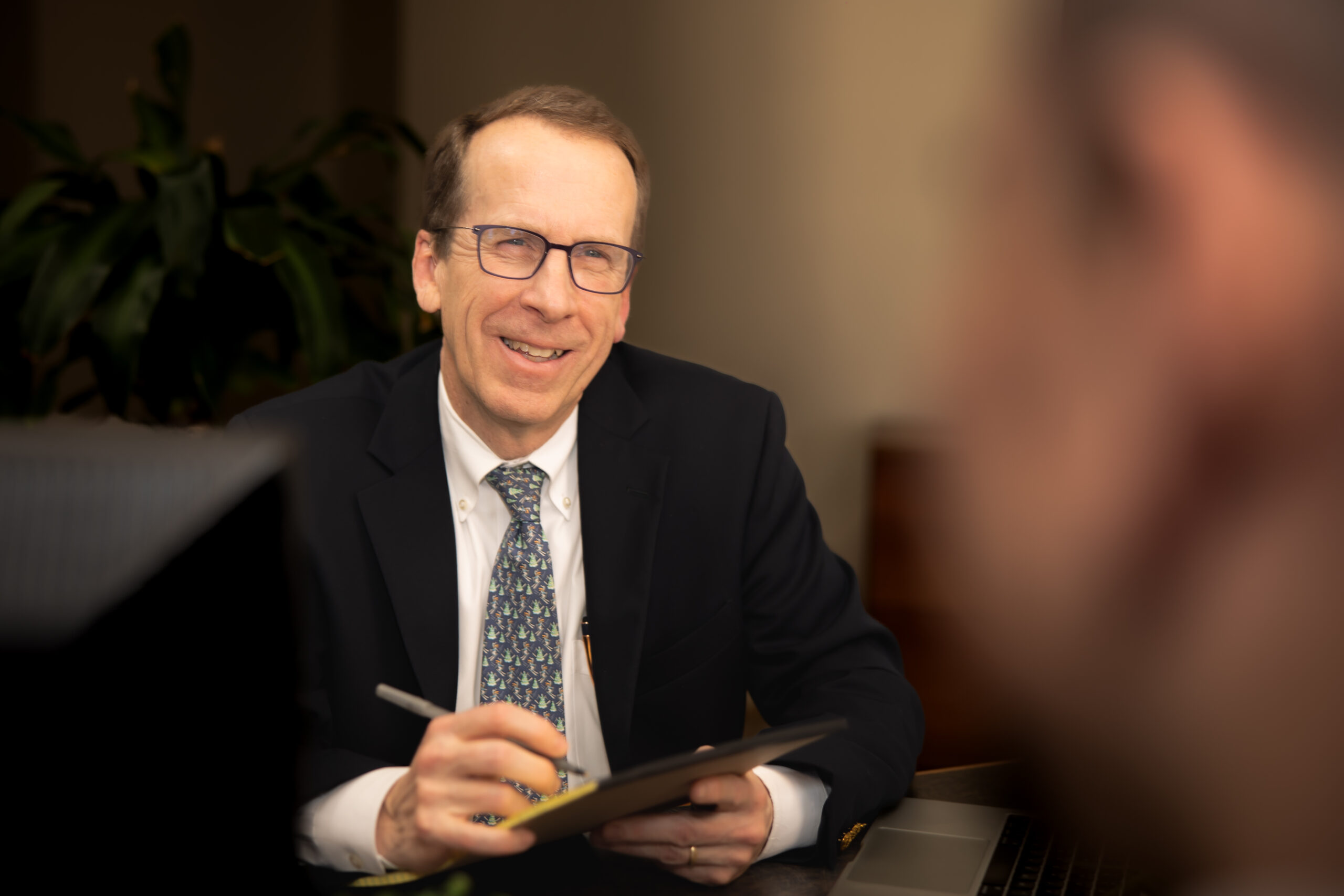
Market Commentary
Everyone loves a fresh start and after a nasty 2022, markets got off to a strong start in the first quarter of 2023 in the face of investor concerns around recession and inflation risks. Despite soft performance in the second half of the quarter, the S&P 500 returned a healthy +7.4%. 2023 also saw the rebound of the common 60/40 portfolio as the bond market Aggregate index returned +2.9%. The big story was growth and technology stocks as the QQQ’s returned 20.8% and recovered most of its massive underperformance of 2022. Small caps represented by the Russell 2000 were also positive, but less so at +2.7%. Bonds also bounced back with a 2.33% return for the Intermediate Gov’t Credit Index. The quarter was not without a major issue as three large regional banks imploded after mishandling interest rate risks with their deposit base and the FOMC’s comments on inflation are still hawkish. But, markets are forward looking instruments and right now they like what they see as they climb the proverbial “Wall of Worry.”

Advice Corner
Throughout our career as financial advisors, we have often fielded the question: “How much money should I keep in the bank?” We have developed a response that focuses on the psychology of finance: “The amount of money that enables you to sleep at night.” Given the recent events with Silicon Valley Bank and the historic level of bank cash in the US banking system, now’s a good time to further explain the Carlson answer to this question.
- We do not recommend having money in one bank above the FDIC limits. (The standard deposit insurance coverage limit is $250,000 per depositor, per FDIC-insured bank, per ownership category.) No matter how large or safe you view your bank, why take this risk?
- Working capital: This is a business finance term that simply means you need enough cash to pay your bills. Cash coming into your bank accounts plus the existing balance needs to cover your expenses.
- Expected but extraordinary expenses. When planning a trip or home improvement project in the next 12 months, these expenses tend to be large and you should have a clear idea of where that cash is coming from.
- Unexpected expenses or “your safety net.” Life will always throw us a financial curve ball, so we do think 3-6 months of living expenses should be available in your emergency fund.
Because everyone’s financial situation is different, we encourage you to talk with your Carlson advisor about your approach to managing your bank cash. Especially in light of the current interest rate environment, recent bank industry news and the alternatives available to savings accounts (see Cash Management Matters).
Let's Talk
Finding a better way doesn’t start with you learning about investment strategy. It starts with us learning about you.
Let’s get started.
Contact Us